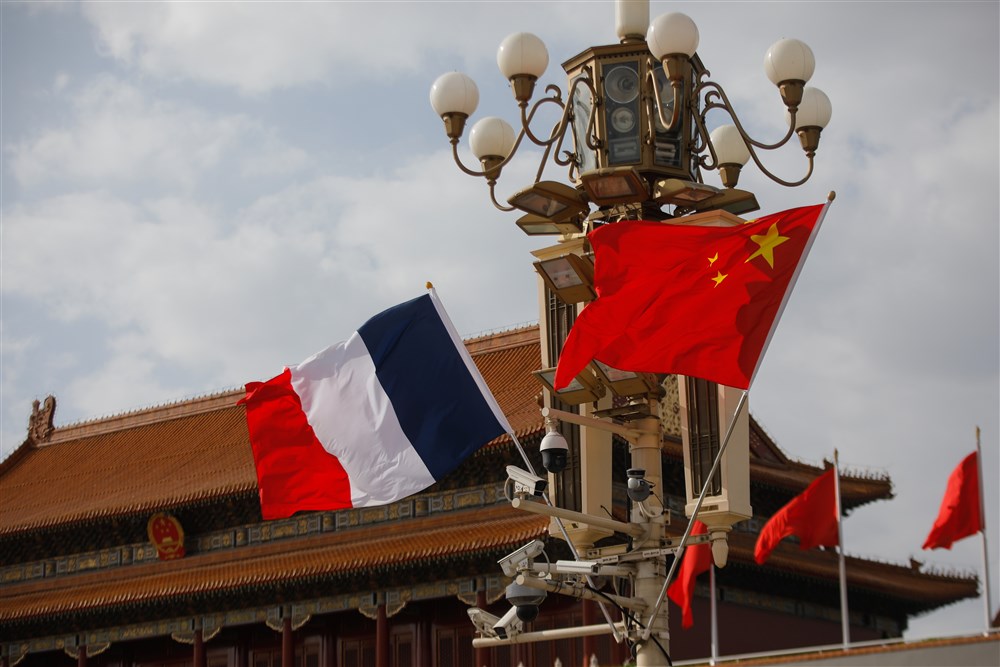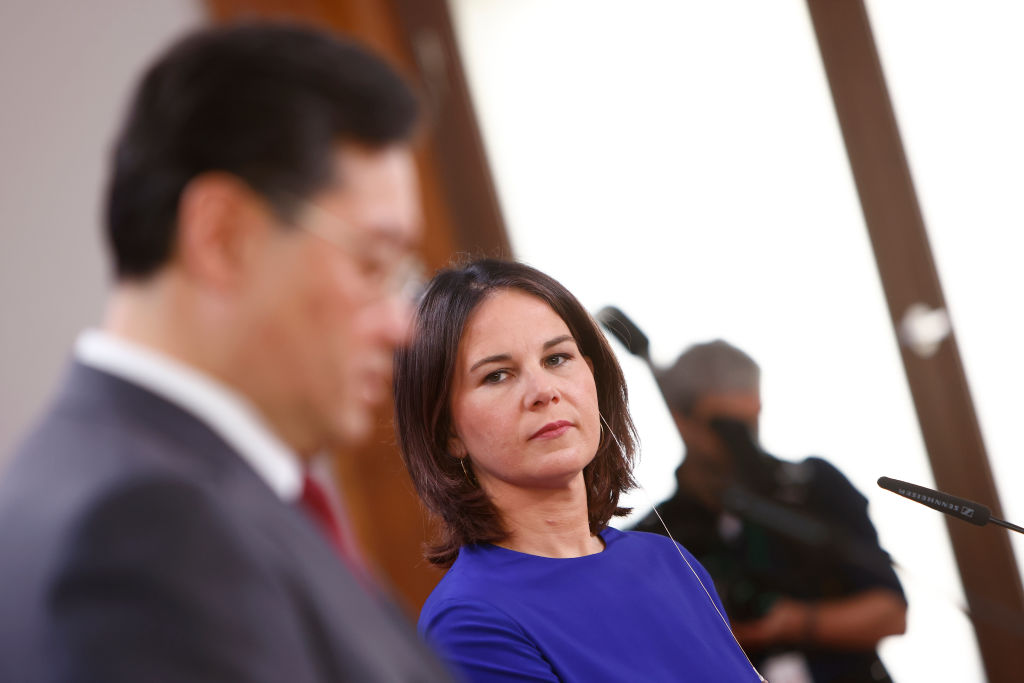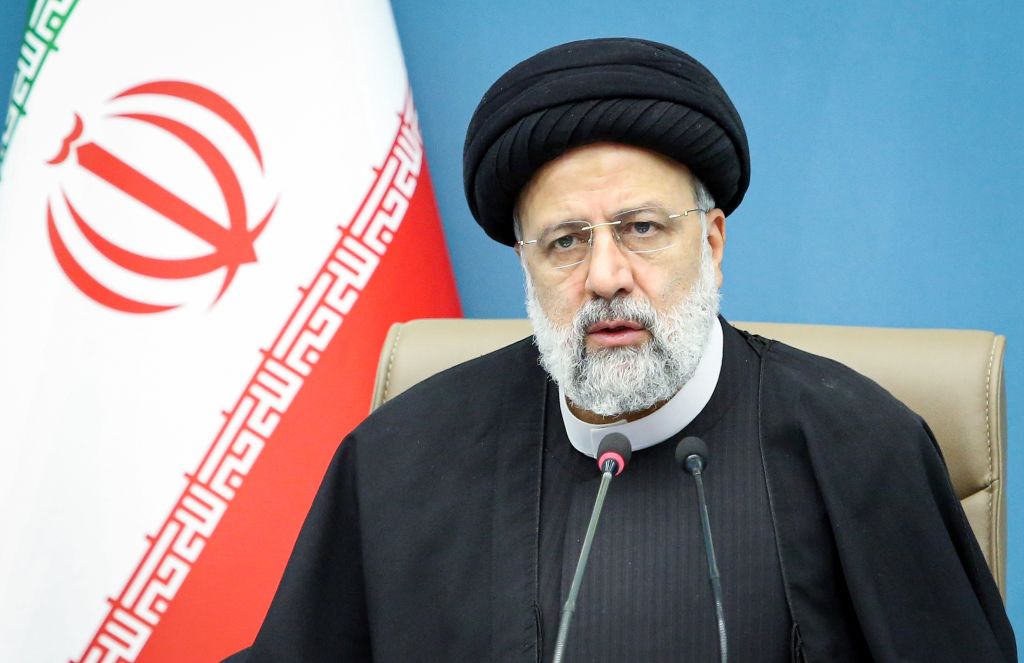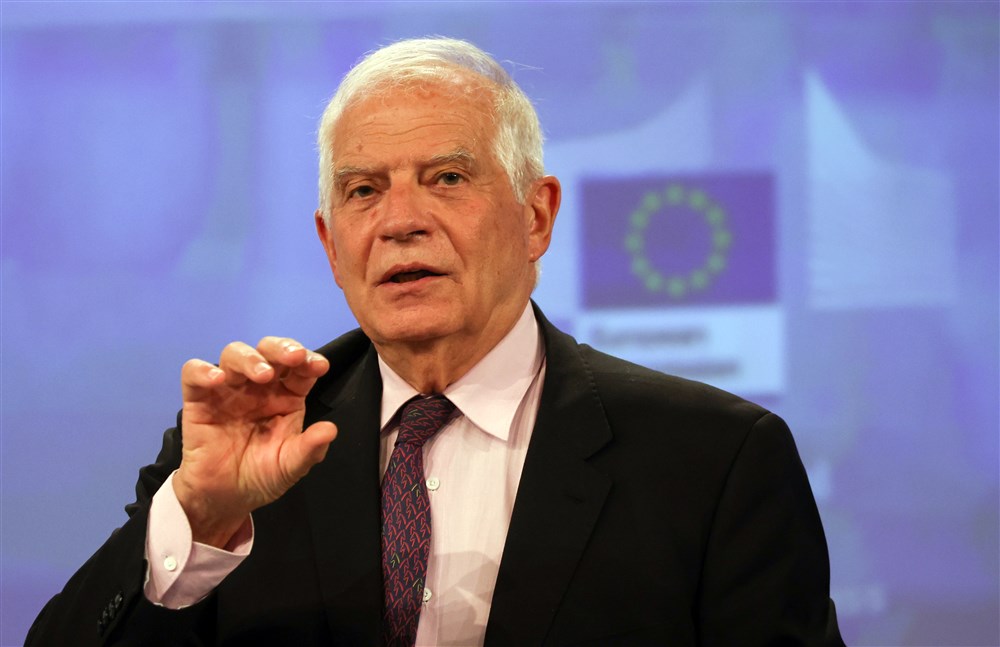The European Union’s foreign policy chief Josep Borrell said on October 13 that China needs to restore confidence with Western investors.
On his three-day visit to the Communist country, beginning in Shanghai and extending to Beijing, Borrell is aiming to mend relationships with the Chinese.
That comes as alleged large-scale human rights violations, the war in Ukraine, a looming threat of war with Taiwan and economic tensions have led to deteriorating European Union bonds with China.
Still, the country remains a top EU trading partner and the bloc is keen to ensure hostilities do not escalate.
Speaking to university students in the Chinese capital, he said: “Trust is at the core of any human relationship, and … common trust has been eroded.
“We have to work to rebuild this trust. It will not come back miraculously,” he said. “It has to be restored.”
The visit to China coincides with a leak of a European Commission proposal to create a joint zone with the US to impose stiff tariffs on steel and aluminium from countries such as China.
Brussels has threatened to levy heavy taxes on Chinese electric vehicles and the EC announced on October 10 that it would begin evaluating risks in four technical areas that might result in export limits.
?LIVE: HR/VP @JosepBorrellF speech at Peking University in ?? Beijing https://t.co/wCqauK6fZn
— European External Action Service – EEAS ?? (@eu_eeas) October 13, 2023
In an opinion piece published in South China Morning Post, Borrell stated: “The EU wants China to become more involved in global issues such as climate change, health and debt relief, which is why decoupling is impossible.
“The two must continue to engage to resolve their differences over trade imbalances and security issues like Ukraine and Taiwan.”
According to Borrell, while the world is increasingly multipolar it has seen a decline in multilateralism across the board.
“We acknowledge the need for reform of many international institutions, including the UN Security Council,” he said.
“We should work on that together. However, without shared rules, power politics – the rule of the strong over the weak – will prevail. This would be unacceptable.
“On the economic front, our relationship is currently far from satisfactory,” he added.
“We are a major export market for China, but this relationship has for many years been an imbalanced one, and that imbalance continues to worsen.”
That is partly the result of difficulties for European companies to access the Chinese Market, causing a downturn in European investments in China, he said. Borrell warned that could lead to protectionism.
Both the EU and China have been “de-risking” their economies, making them independent of other countries, but Borrell said this should not stop productive exchanges between the two.
Russia was also an important topic. “China cannot have it both ways. In Ukraine, China’s interests are clearly different from Russia’s: China wants to engage with Europe, Russia seeks to demonise it.”
On Taiwan, Borrell said he wanted to keep things as they are, with no coercion or provocation regarding China.





